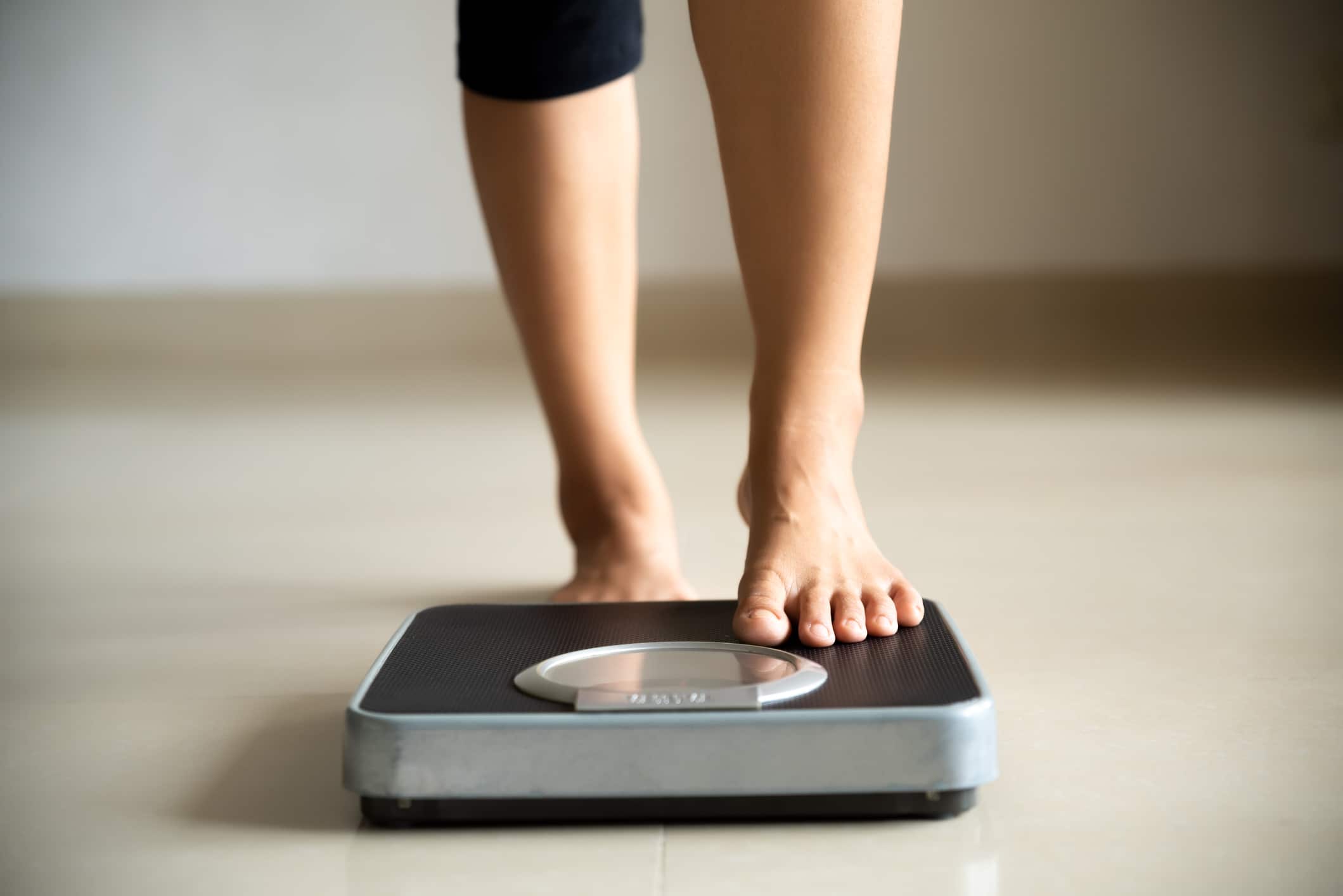Hormonal Weight Gain
Have you noticed some extra belly fat that you can’t explain? If you’re in perimenopause or menopause, this change may be hormonal. Even if you haven’t experienced it yet, many women will gain 2-5 pounds or more during menopause. For many women, this is a concerning symptom. Thus, since BHRT is known for helping with menopause, does it help you shed some pounds, too? Yes, but not for everyone. It depends on your body, medical history, and type of weight gain.
Certain types of weight gain are caused by hormone changes. Hormones act like little messengers that tell organs how to act. During menopause, these hormones decrease. This change can cause about five pounds of weight gain around the belly, but some women may gain even more.
Of course, not all weight gain is hormonal. Even during menopause, genetics and lifestyle are often the main cause of weight gain. In those cases, peptides and dieting may work better. However, that doesn’t mean weight gain during menopause should be ignored. Several studies have found a strong causal link between menopause and abdominal obesity. While not all weight gain is caused by hormonal changes, extra belly fat may be hormonal and, thus, treatable.
If your weight gain is hormonal, hormonal therapy may be a good fit. By adjusting the hormones in your body, the symptoms of menopause may decrease. Even independent research agrees that hormonal therapy may help with menopause-related weight gain, fat mass, insulin sensitivity, and type-2 diabetes. However, not all hormonal therapies are created equal. The best fit depends not just on your body, but also on the treatment itself.

Using BHRT pellets is the safe option that usually works the best. Unlike pills and patches, BHRT pellets use the same hormones in your body, which prevents your hormones from fluctuating. In fact, pellets are the only type of BHRT that keep your hormone levels constant for months at a time. Even the critics can’t disagree. A review of more than 30 studies reveals that BHRT that avoids the digestive system can create hormone levels up to ten times higher than pills in some cases.
Of course, BHRT is not right for everyone. Patients should always talk to a doctor in depth about hormonal therapy. Medical history and lifestyle are very important considerations. However, if you experience other symptoms of menopause or andropause, such as decrease in muscle mass and hot flashes, that extra belly fat may be hormonal, and treatable with BHRT.
Consider taking this hormone self-assessment quiz to see if BHRT is right for you and your body. Don’t take the quiz as medical advice, and talk to your doctor about any menopause concerns.
Do you know how BHRT could help with perimenopause and menopause? Read Tutera’s guide to the benefits of BHRT and consider reaching out to Tutera Medical for BHRT needs.












